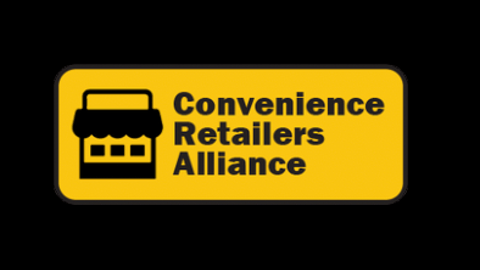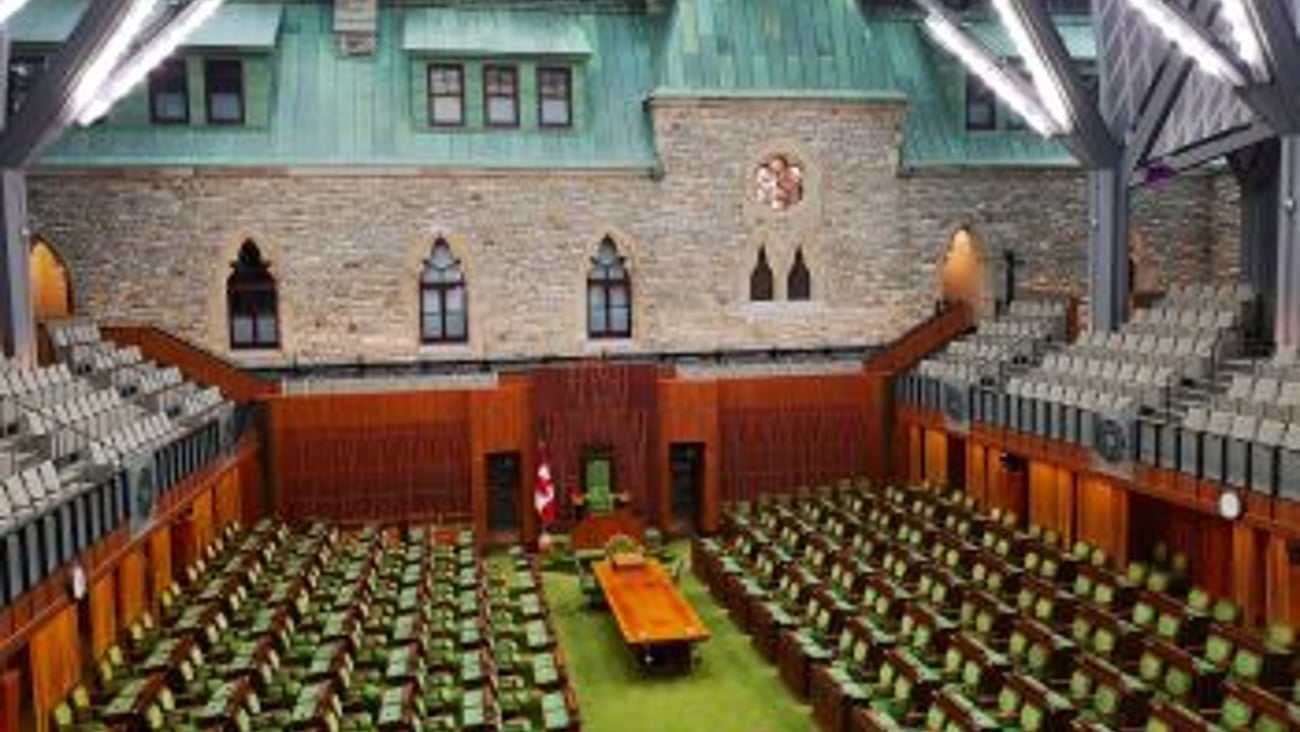Convenient in good times…essential in tough times?
Governments across Canada seem to have a short memory when it comes to the role we play in the communities we serve.
We are much more than community hubs and part of the daily routine. We are in fact part of the very social fabric of this nation, from the shores of the Atlantic to the Pacific and everywhere in between—during both good times and bad.
Being a lifeline during times of crisis is a role that we are proud to play, yet one that is getting more difficult.
Fewer stores and lower sales are the new normal in our industry today. In fact, three stores have closed their doors every single day in this country over the last two years.
And those closures aren’t solely about dollars and cents, nor an inconvenience for those communities. Rather, those closures represent a loss of identity, a hollowing out for residents that live there.
So, this begs the question, how did we get here?
While competition is undoubtedly a key factor, it’s a misunderstanding of the role c-stores play in communities by governments that is the true culprit. All too frequently, we are taken for granted.
Yet, overregulation, heavy restrictions on the products we sell as well as inaction on addressing illegal markets are the root cause. And so are ignorance and apathy.
Canada has a “contraband nicotine product” problem. Whether it’s tobacco, vaping products or nicotine pouches, it’s easier to buy any of these illegally online and have them shipped to your door than it is to purchase from one of the 22,500 c-stores in Canada.
READ: Complacency on contraband is costing Canadians
Policy makers are aware of the issues, but they choose to look the other way. Inaction is more politically expedient and much easier than trying to solve the root problem. Afterall, in their view, it’s just a few people buying cigarettes out of the back of a truck. No big deal.
This is simply not true. Governments fail to connect the big picture and connect the dots. This isn’t about John Doe in Sooke, B.C. This is about a well-organized crime syndicate who reaps billion-dollar profits at the expense of the safety of John Doe and the community of Sooke. These markets are so lucrative, that they in fact finance other illicit activities.
Yet it seems that governments are either apathetic or are afraid to act. They like to engage in virtue signalling with health groups, who don’t seem troubled by the immense growth of the online illegal market. Convenience stores are too convenient a scapegoat it would seem.
CICC works feverishly to get the ear of government and tell the convenience industry’s story. Many governments hear what we say, but unfortunately some are not truly listening.
A prime example is the action of the BC government last week to categorically ban the sale of nicotine pouches in c-stores and restrict them to pharmacies.
Not one retailer in the province, and certainly not the national voice, received any indication, never mind consultation, on the announcement. And the result was a press conference where the Premier erroneously spouted falsehoods about our industry in the name of “protecting youth.”
In fact, Premier Eby said, “a kid that wants to buy [nicotine pouches] can just grab it off the shelf and take it up to the cashier at the local convenience store,” and that these products are “sold in convenience stores directly to children across Canada.”
As the voice of Canada’s convenience industry, we shot back hard. We sent a letter to Premier Eby demanding an apology for his groundless attack on the integrity of the convenience industry and its employees.
We also reminded him of the critical role our industry plays in times of crisis, during floods and forest fires, ensuring that first responders and British Columbians have access to bottled water and other necessities. “This makes your harsh criticism about an entire industry even more outrageous” we stated.
This is about more than a bad policy decision, based on erroneous information that sounds great in a five-second sound bite.
It’s about the 19,000 responsible convenience retail workers in B.C. whose important work “you have at best ignored, at worst defamed, and whose legal retail operations you’ve called into question.”
We will continue to actively defend the interests of our industry and ensure that this kind of baseless criticism and scapegoating of an entire industry does not stand. It is beyond outrageous.
It’s time governments stopped taking our industry for granted and truly understand the important role we play in supporting Canadian communities. Because the next time there’s a crisis, chances are fewer of us will be there to help out.









